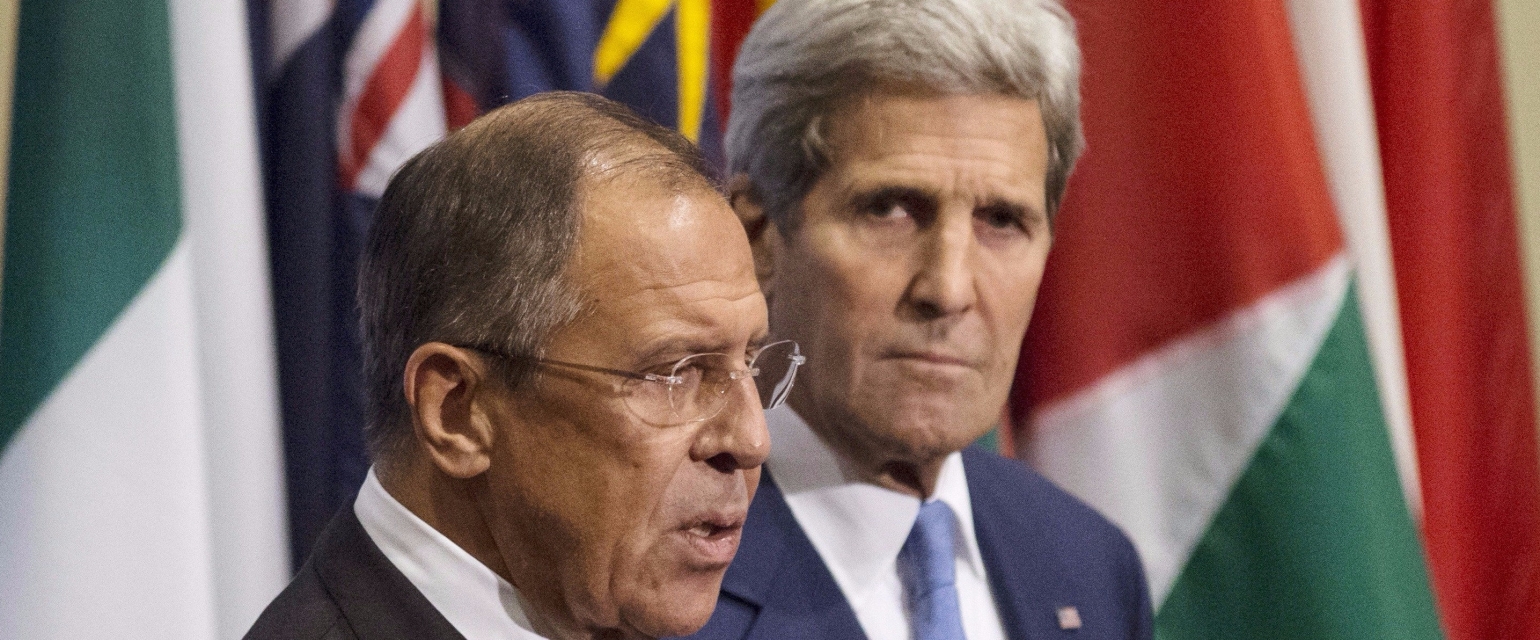

This was a week that saw a number of important developments related to the Syrian crisis. On Oct. 20 Syrian President Bashar al-Assad arrived in Moscow aboard a Russian plane for an unannounced visit with the Kremlin leadership, and on Oct. 23, Sergey Lavrov and John Kerry met for talks in Vienna. Against the backdrop of these events, analysts and journalists carefully monitored President Vladimir Putin’s speech at the annual Valdai Forum.
The arrival of Assad in Moscow
The visit to Moscow was the Syrian leader’s first trip abroad since 2011. Assad’s meeting with Vladimir Putin confirmed that Russia still considers him to be a key figure in resolving the crisis. Moreover, it was revealed during a meeting of the Valdai Club in Sochi that Damascus is ready to collaborate with the armed Syrian opposition against the Islamic State of Iraq and the Greater Syria (ISIS).
In Moscow, the two presidents discussed military cooperation and future talks on a peaceful settlement. Immediately afterwards, Putin telephoned the leaders of the other Middle Eastern countries involved in the Syrian conflict — the kings of Saudi Arabia and Jordan, and the presidents of Turkey and Egypt. Judging by Recep Tayyip Erdogan’s unconcealed irritation, not all issues produced mutual understanding.
The meeting of Lavrov and Kerry in Vienna
On Oct. 23 Sergey Lavrov and John Kerry met for talks in Vienna, followed by consultations with the foreign ministers of the Persian Gulf countries and Turkey on the crisis in Syria. Russia insists on joint action to combat ISIS. However, the Gulf Arab countries are fearful of rising Iranian influence in the region, and alongside the United States, continue to push for the overthrow of Assad as the main objective of the coalition. Russia’s proposals to involve Iran in the negotiations were rejected.
Two days earlier, the United States and Russia signed a memorandum of understanding to avoid clashes in the Syrian sky. It seeks to establish operational communications between the two countries’ military commands and mutual assistance in crisis situations.
Continue reading at Russia Direct
The fact that there is a chance of talks being held at all can be considered a major success. Poroshenko previously refused to send delegates to Minsk to talk to the representatives of the unrecognized Donetsk and Lugansk people’s republics (DPR and LPR) in eastern Ukraine, with Russia and the OSCE acting as mediators. He preferred to hold negotiations in Geneva with Russia, using the United States and the European Union as mediators.
The director of Russia’s Federal Security Service has expressed his willingness to cooperate with U.S. security agencies in their fight against ISIS, following a Washington summit on combating terrorism. Russian observers identify differences in strategy and ideological approach as the key challenges to successful anti-terrorist cooperation between Russia and the United States.
Russia's increased military involvement in the Syrian crisis and the much anticipated meeting between Barack Obama and Vladimir Putin on the sidelines of the UN General Assembly in New York grabbed most of the headlines in September.
Although recently Russians have started to pay more attention to its soft power projection in different parts of the world, Moscow has a long way to go to make itself look more attractive on this front. The Middle East is no exception.